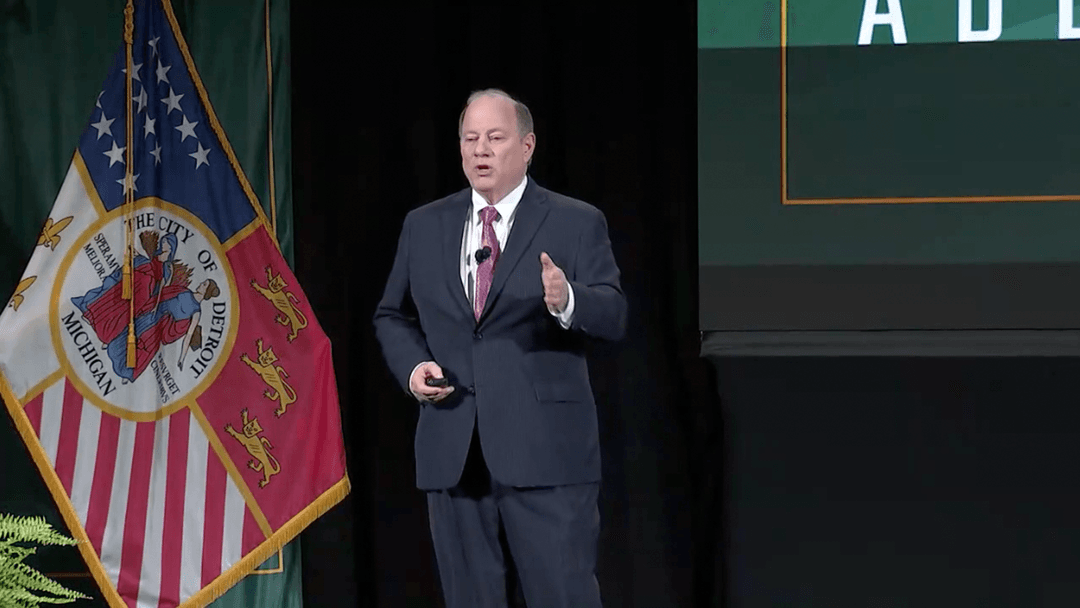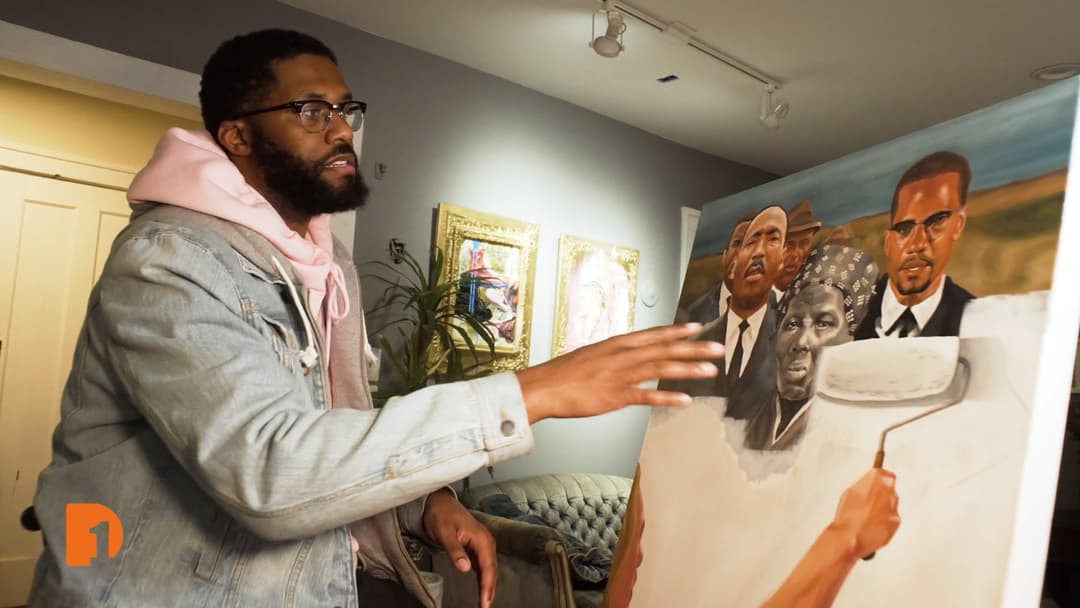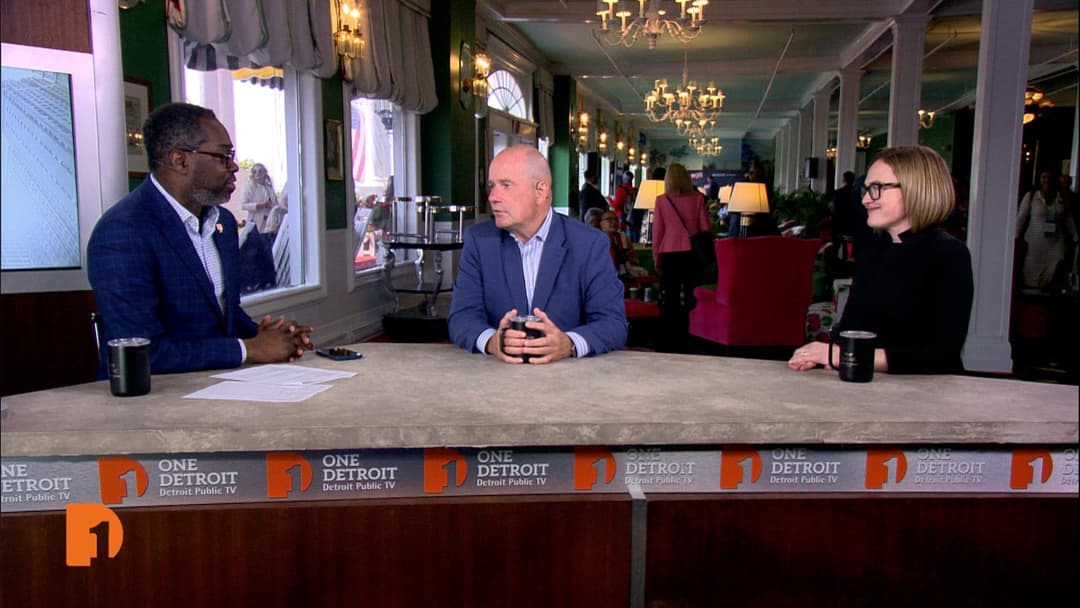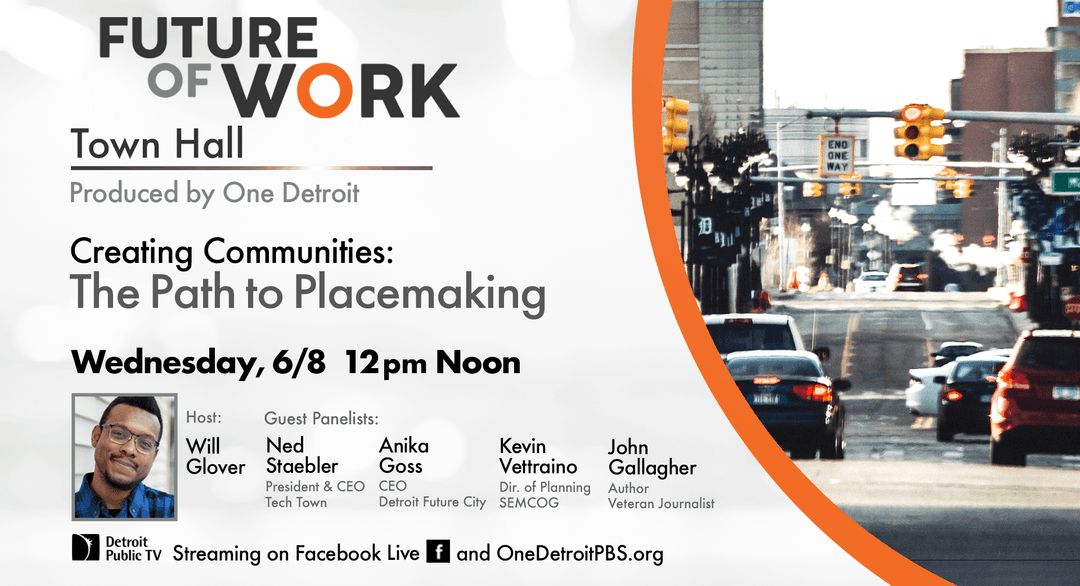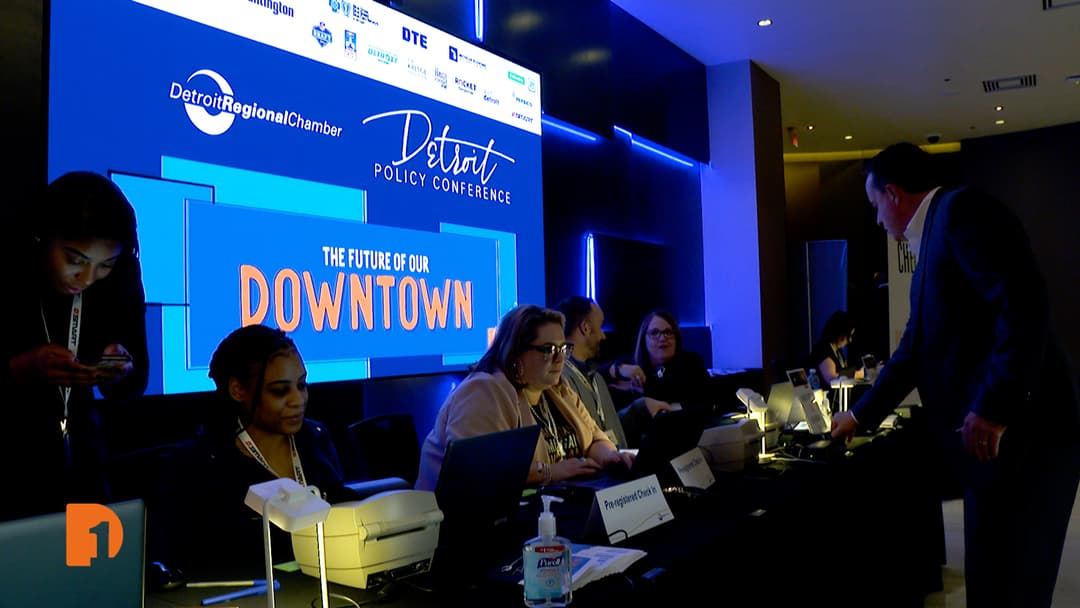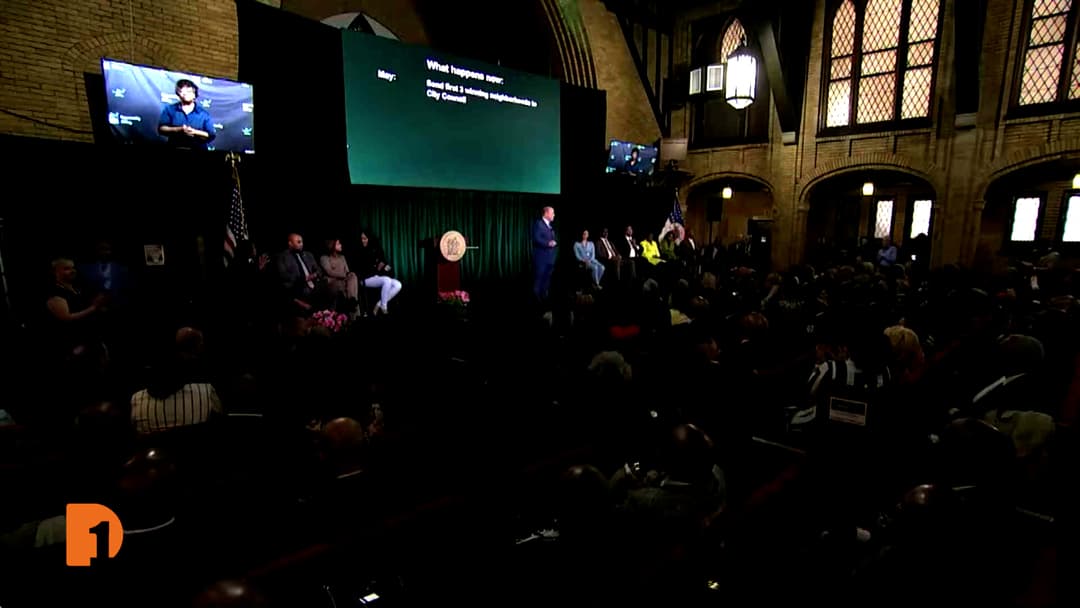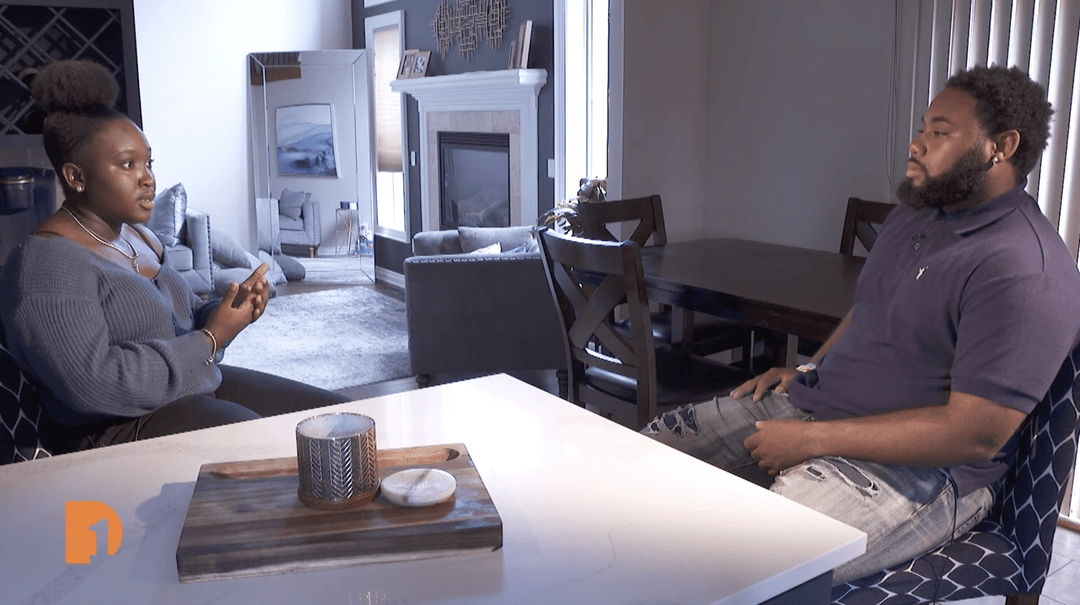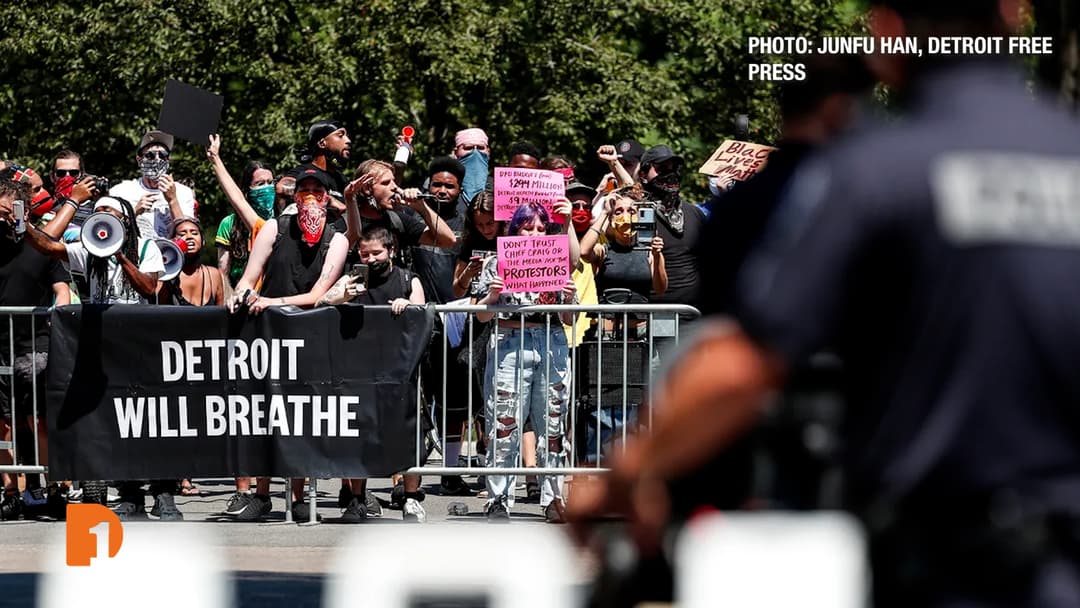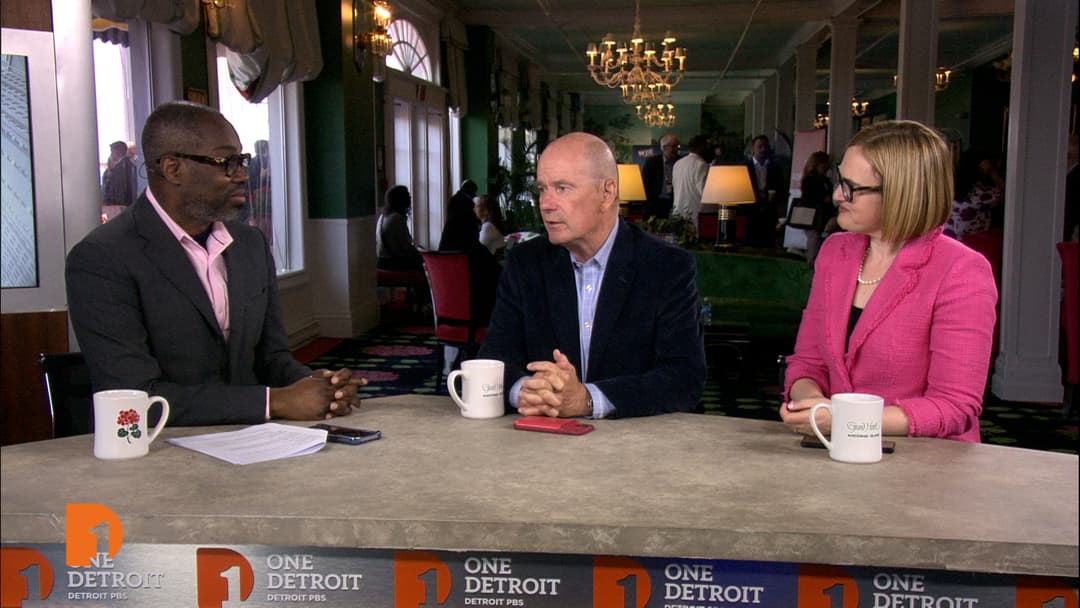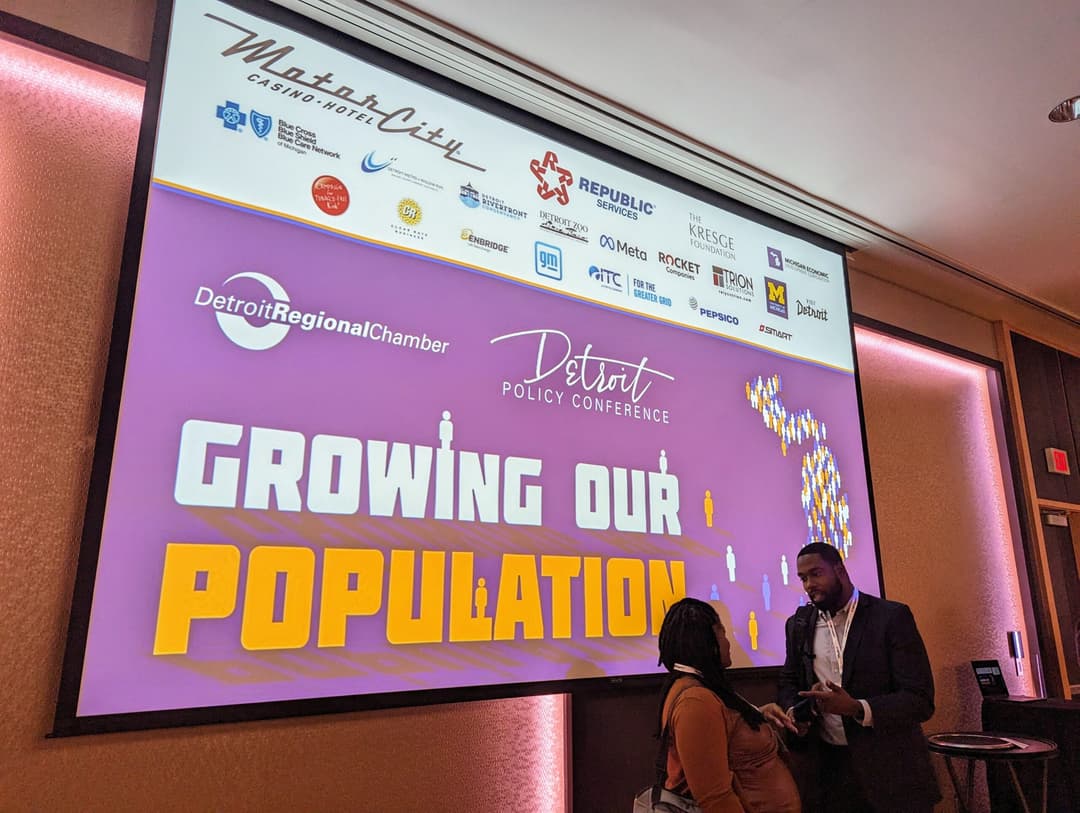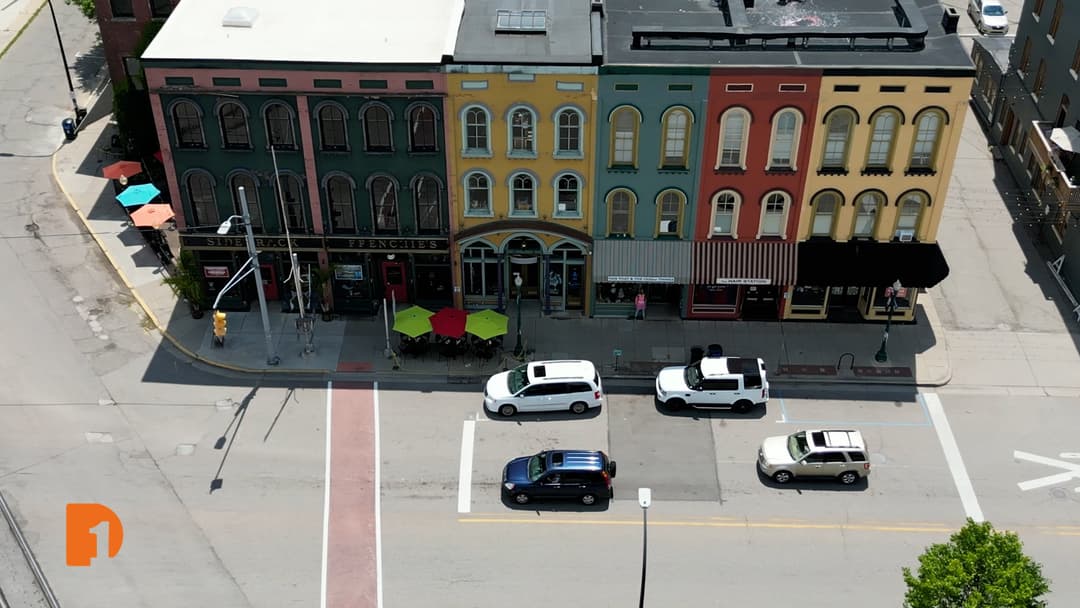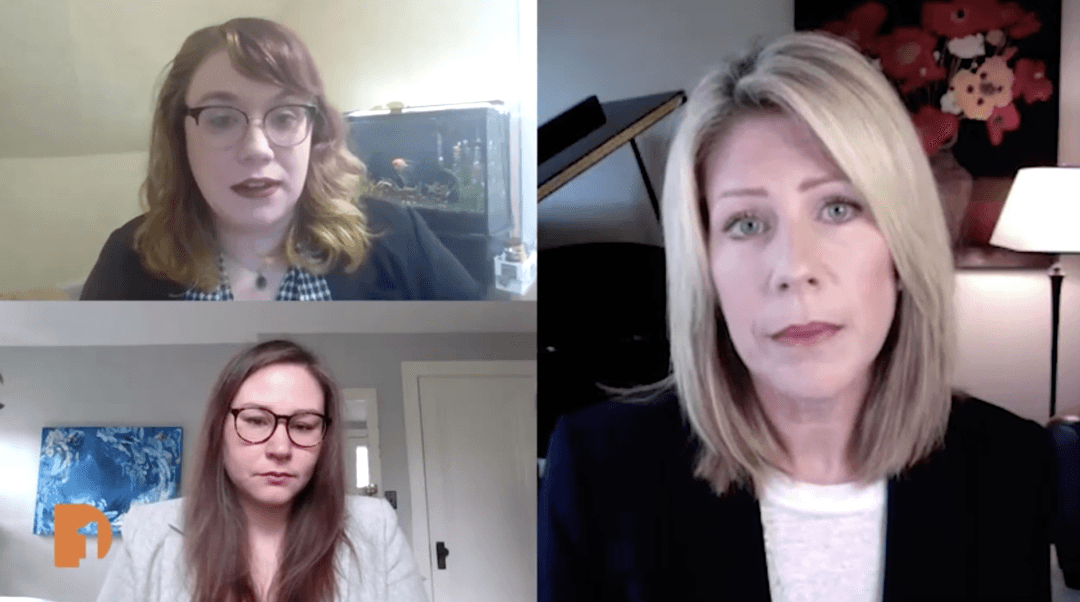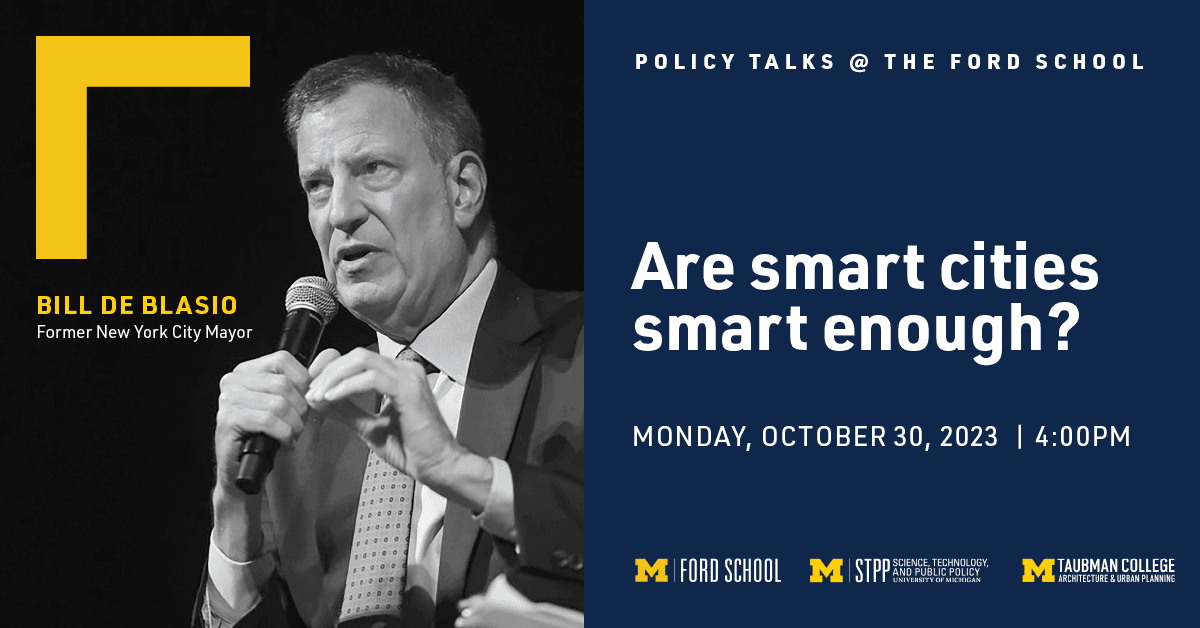
Are smart cities smart enough? | Policy Talks @ Ford School
Oct 24, 2023
Join the Gerald R. Ford School of Public Policy and the Science, Technology, and Public Policy (STPP) Program for a Policy Talks @ the Ford School conversation with former New York City mayor, Bill de Blasio.
In conversation with STPP Director and professor Shobita Parthasarathy, the discussion will explore how urban tech is shaping social policy in “smart cities” like New York and beyond. How can we ensure that emerging technology serves the public interest, and what role can local, state, national, and even international policy play?
From Bill de Blasio’s Bio:
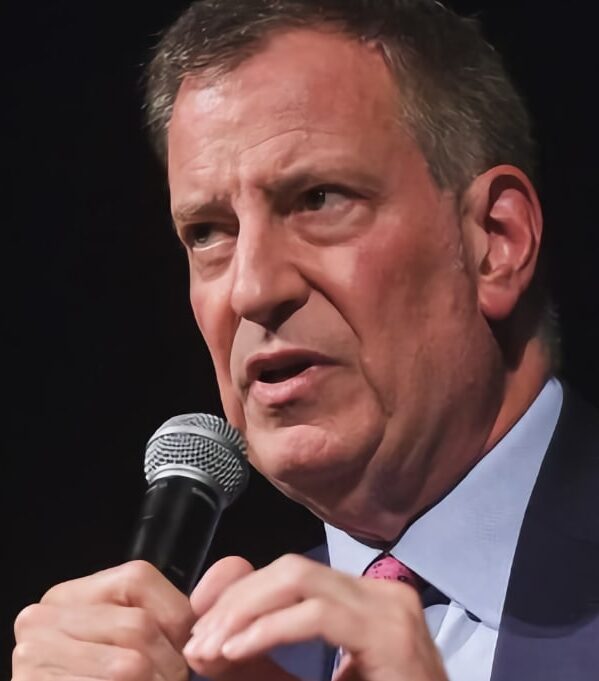 Bill de Blasio is an American political leader who served as the 109th mayor of New York City from 2014 to 2021. A member of the Democratic Party, he held the office of New York City Public Advocate from 2010 to 2013. De Blasio started his career as an elected official on the New York City Council, representing the 39th district in Brooklyn from 2002 to 2009. As mayor, de Blasio led NYC through the COVID-19 pandemic, turning what was once a global epicenter into the safest city in the country. In 2014, de Blasio created a groundbreaking initiative which ensured that early childhood education became a universal right in the five boroughs. The universal Pre-K and 3-K programs in NYC have become a national model. During his tenure, NYC financed the preservation and construction of over 200,000 affordable homes, the most created by any administration in the City’s history.
Bill de Blasio is an American political leader who served as the 109th mayor of New York City from 2014 to 2021. A member of the Democratic Party, he held the office of New York City Public Advocate from 2010 to 2013. De Blasio started his career as an elected official on the New York City Council, representing the 39th district in Brooklyn from 2002 to 2009. As mayor, de Blasio led NYC through the COVID-19 pandemic, turning what was once a global epicenter into the safest city in the country. In 2014, de Blasio created a groundbreaking initiative which ensured that early childhood education became a universal right in the five boroughs. The universal Pre-K and 3-K programs in NYC have become a national model. During his tenure, NYC financed the preservation and construction of over 200,000 affordable homes, the most created by any administration in the City’s history.
In 2019, de Blasio launched a first-in-the-nation, 6-point action plan to end long-term homelessness. “The Journey Home” initiative was designed to increase access to housing and health care in combination with rapid-response outreach efforts for homeless individuals living in the streets. In fulfilling his campaign promise to end a “tale of two cities,” de Blasio implemented policies which successfully reduced income inequality among New Yorkers and fought alongside them to secure a $15 minimum wage for all workers. In response to the growing climate crisis, de Blasio and the NYC Council passed the Climate Mobilization Act (or the NYC Green New Deal) to make NYC net-carbon-neutral by 2050, as well as groundbreaking legislation to reduce building emissions and to end fossil fuel use in new buildings.
Prior to being an elected official, de Blasio served as the campaign manager for Hillary Rodham Clinton’s successful senatorial campaign of 2000 and got his start in NYC government working for Mayor David Dinkins. De Blasio graduated from New York University with a B.A. in Metropolitan Studies and from Columbia University with an M.A. in International Affairs.
From Shobita Parthasarathy’s Bio:
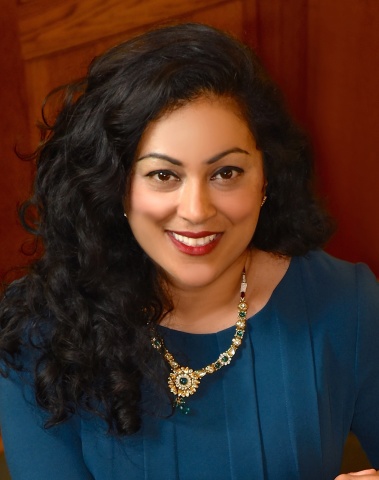 Shobita Parthasarathy is a professor of public policy and director of the Science, Technology, and Public Policy Program. Her research focuses on the comparative and international politics and policy related to science and technology. She is interested in how to develop innovation, and innovation policy, to better achieve public interest and social justice goals. Much of her work has focused on the governance of emerging science and technology, particularly those that have uncertain environmental, social, ethical, political, and health implications.
Shobita Parthasarathy is a professor of public policy and director of the Science, Technology, and Public Policy Program. Her research focuses on the comparative and international politics and policy related to science and technology. She is interested in how to develop innovation, and innovation policy, to better achieve public interest and social justice goals. Much of her work has focused on the governance of emerging science and technology, particularly those that have uncertain environmental, social, ethical, political, and health implications.
She is the author of multiple articles and two books: Building Genetic Medicine: Breast Cancer, Technology, and the Comparative Politics of Health Care (MIT Press 2007; paperback 2012), which influenced the 2013 U.S. Supreme Court case challenging the patentability of human genes; and Patent Politics: Life Forms, Markets, and the Public Interest in the United States and Europe (University of Chicago Press, 2017) which won the Robert K. Merton Prize from the American Sociological Association. Her new research focuses on equity in innovation policy on the politics of inclusive innovation in international development, with a focus on India.
Parthasarathy also directs the Technology Assessment Project, which recently published a report on the implications of large language models, a type of artificial intelligence. She received her undergraduate degree from the University of Chicago and master’s and PhD from Cornell University.
Sponsors:
Detroit Public Television and “One Detroit” proudly partner with the University of Michigan Gerald R. Ford School of Public Policy to bring you this livestream.
Stay Connected:
Subscribe to One Detroit’s YouTube Channel & Don’t miss One Detroit Mondays and Thursdays at 7:30 p.m. on Detroit PBS, WTVS-Channel 56.
Catch the daily conversations on our website, Facebook, Twitter @DPTVOneDetroit, and Instagram @One.Detroit
View Past Episodes >
Watch One Detroit every Monday and Thursday at 7:30 p.m. ET on Detroit Public TV on Detroit Public TV, WTVS-Channel 56.
Stay Connected
Subscribe to One Detroit’s YouTube Channel and don’t miss One Detroit on Thursdays at 7:30 p.m. and Sundays at 9 a.m. on Detroit PBS, WTVS-Channel 56.
Catch the daily conversations on our website, Facebook, Twitter @OneDetroit_PBS, and Instagram @One.Detroit
Related Posts
Leave a Reply
Your email address will not be published. Required fields are marked*



